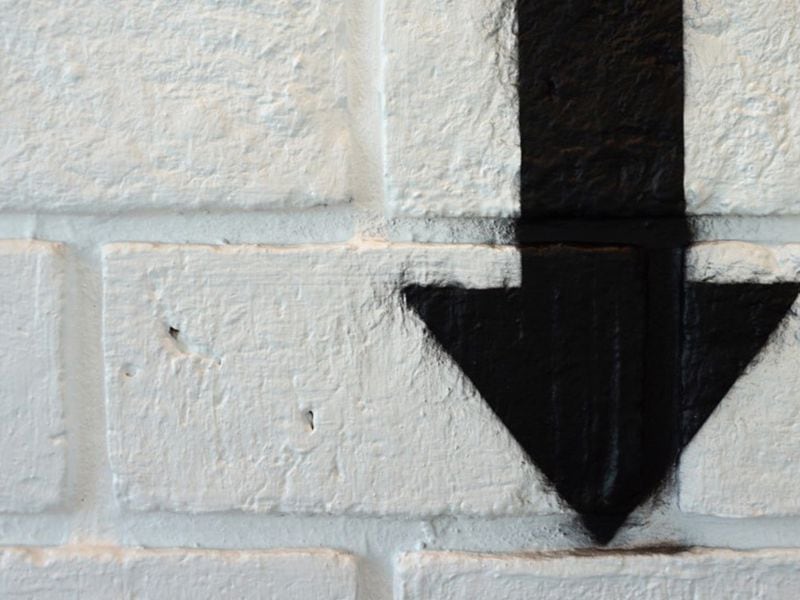Though we're nearing the end of hurricane season for the East Coast of the US, an August report from the National Oceanic and Atmospheric Administration predicted four to seven more hurricanes for the second half of 2024.
One of those was Hurricane Helene, which killed more than 200 people as it brought heavy rain and strong winds to the Southeast, causing devastating flooding in places like western North Carolina and eastern Tennessee.
Another is Hurricane Milton, which is expected to hit Florida this week and grew Monday into a powerful Category 5 storm.
Hurricanes and other major storms are some of the most prevalent natural disasters and pose a serious danger to anyone in their path. The damage from Hurricane Debby in August is estimated at $121.5 million, according to Insurance Journal.
The latest hurricane predictions from the NOAA suggest four to seven major hurricanes to come.
NOAASeptember is the most likely month for hurricanes, although hurricane season varies for different parts of the country, according to Ready.gov:
- Eastern Pacific: May 15 to Nov. 30
- Atlantic: June 1 to Nov. 30
- Central Pacific: June 1 to Nov. 30
We've rounded up a few steps you can take to prepare for hurricanes to help protect your family and home. For more disaster preparedness tips, check out our guide on how to prep for hurricanes, wildfires, storms and other natural disasters, 11 things to do to prepare for a blackout, and how to save the food in your fridge if the power goes out.
Create an emergency plan
One of the most important steps to preparing for hurricane season is creating your family's emergency plan, including your evacuation route.
First, know ahead of time how your family will communicate during a hurricane and how you'll receive emergency alerts. Know where you'll shelter in place but also the evacuation route you'll take, if necessary.
Your plan should also include any special measures necessary to care for children, pets or family members with mobility issues. Additionally, make a plan for any household members who require special medication or medical equipment.
Before hurricane season, make sure everyone in the family understands the plan, including children.
Secure your home
As hurricane season approaches, take steps to secure your property against potential hurricanes and high winds. A few steps you can take include:
- Trim trees to remove weak branches
- Install hurricane-proof doors
- Install storm shutters to windows
- Replace exterior glass with tempered glass
- Have a plan for outdoor furniture, potted plants and toys
Prepare an emergency kit
The last thing you want to do when a hurricane is approaching is rush around to find everything you may need for the coming days. Instead, have an emergency kit or go bag on hand that you can turn to. Your emergency kit can include:
- Nonperishable food
- Bottled water
- Flashlights
- Extra batteries
- Portable radio
- First-aid supplies
- Prescription medication
- Pet food
- Cash
- Blankets
- Phone chargers
- Basic hygiene items
Check your insurance policies
Before hurricane season each year is a good time to double-check your insurance policies and make sure you're fully covered in case there's an incident.
First, you should ensure that your current coverage is enough to rebuild your home and replace all of your personal property in the event of a personal loss. You should also make sure you have the types of coverage specifically needed for hurricanes: flood insurance and windstorm insurance.
If you live in an area prone to hurricanes, make sure you have the necessary coverage. Understand your deductible and keep enough in a savings account to cover it in case there's a loss.
Keep an inventory of your belongings
If you live in an area prone to hurricanes and are at risk of your home being damaged, be sure to keep a running inventory of your personal property.
If there's a storm and you have to file a homeowners insurance claim, you'll have to provide an inventory of items that were destroyed. The quicker you can provide this information to the insurance company, the quicker it can settle your claim and you can start to recover.
To create your inventory, simply go room by room and add each item to a spreadsheet. Include the value of each item in case you have to file a claim. For valuable items, you can also include photos or purchase receipts.
Be sure to store your inventory digitally -- there are apps that will help you do this. You should also update it each year before hurricane season.
Keep important documents somewhere safe
If you're storing important documents in your home in paper form, it's time to find a new strategy. First, make sure that every important document is in a waterproof and fireproof safe in your home.
Next, make sure that each document has a digital copy so that if your home is destroyed and your safe can't be recovered, you still have copies of everything. (We've also got advice on how to recover important documents after a natural disaster).
Important documents to keep safe include:
- Birth certificates
- Marriage certificates
- Social Security cards
- Military service records
- Insurance policies
- Tax statements
- Health records
- Financial records
Keep a hurricane checklist on hand
When a hurricane hits, the fear and adrenaline can make it easy to forget what steps to follow. Before hurricane season arrives, make a checklist of exactly what you'll do and what you'll pack if a hurricane hits. That way, if there is a storm, you can refer to your list rather than trying to remember every important step yourself.
Be safe with generators and fuels
Generators and heaters can be lifesavers when a storm knocks the power out, but they can also be deadly if not used carefully. Make sure you're using any device that burns fuels properly: Don't use a portable generator, grill or camp stove inside. The fumes and carbon monoxide can be deadly. Operate grills, camp stoves and portable generators outside and at least 20 feet away from a building opening like a door or window.
One alternative to a fuel-powered generator is a portable power station, which can be recharged with portable solar panels.
Next steps
It's impossible to prevent a hurricane, but you can take steps to keep your family safe if one hits. To further prepare for hurricane season, check out our list of the best emergency apps for natural disasters to help you prepare for, make it through and recover from a hurricane.


/cdn.vox-cdn.com/uploads/chorus_asset/file/19704536/acastro_200207_3900_firefox_0001.0.jpg)




:quality(85):upscale()/2024/08/06/667/n/1922794/4bc1ce8866b23aaf319c84.46755244_.png)

 English (US) ·
English (US) ·